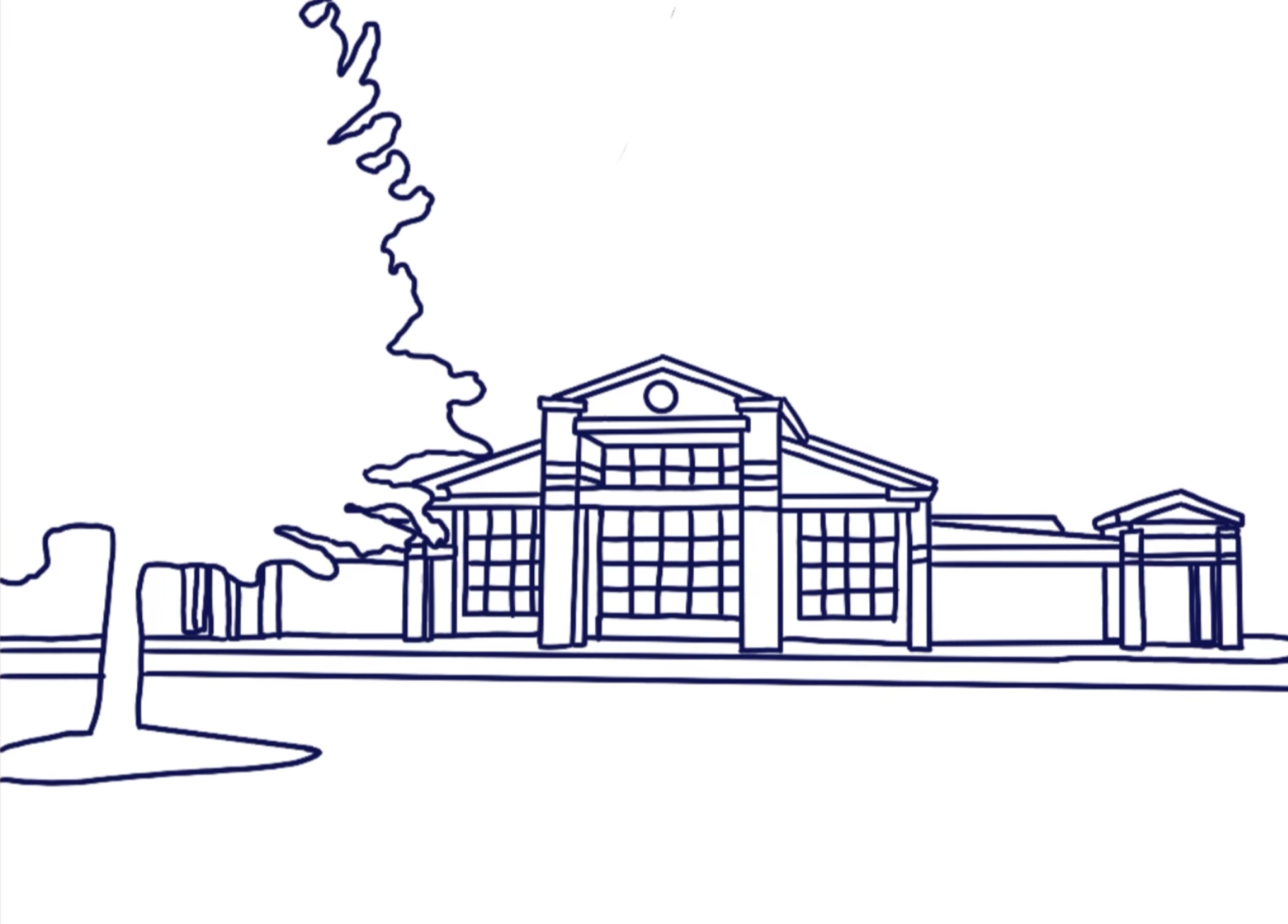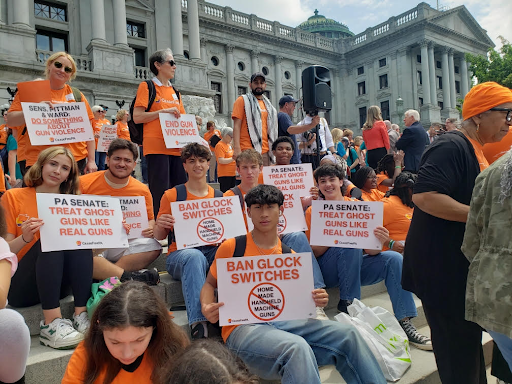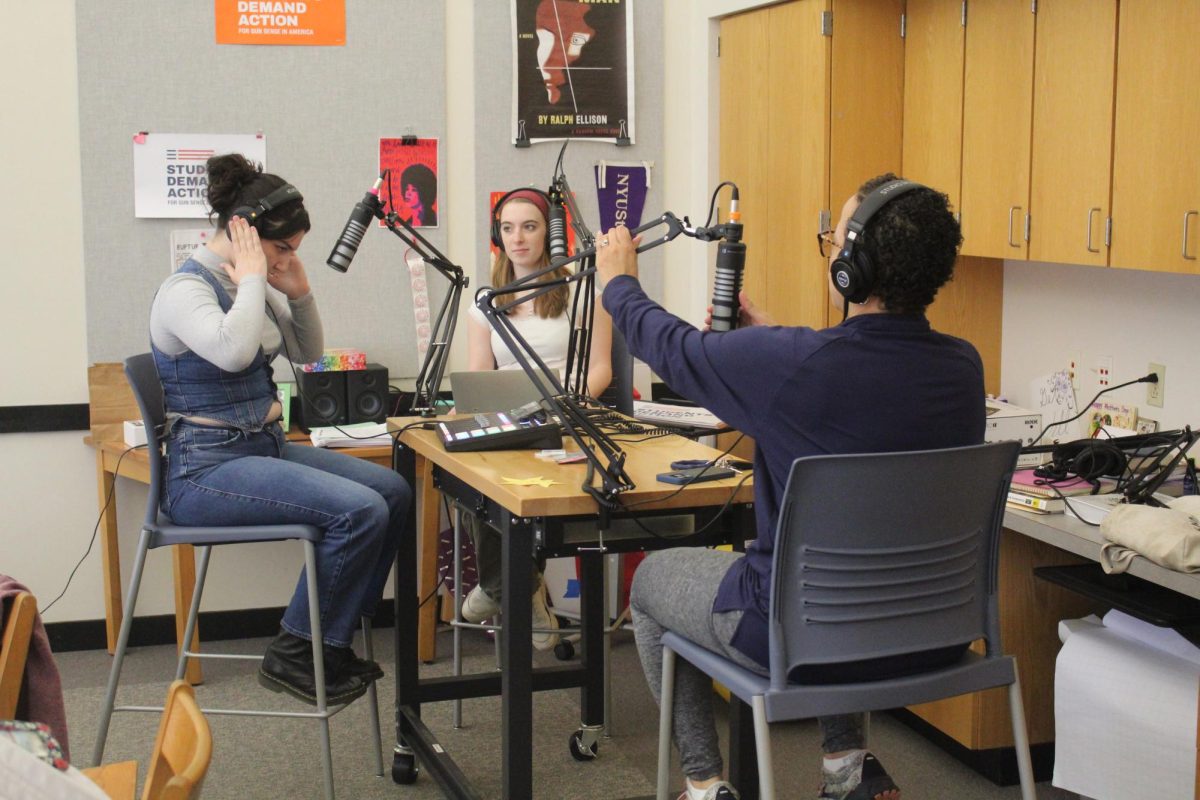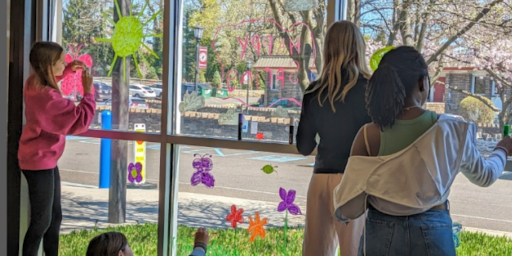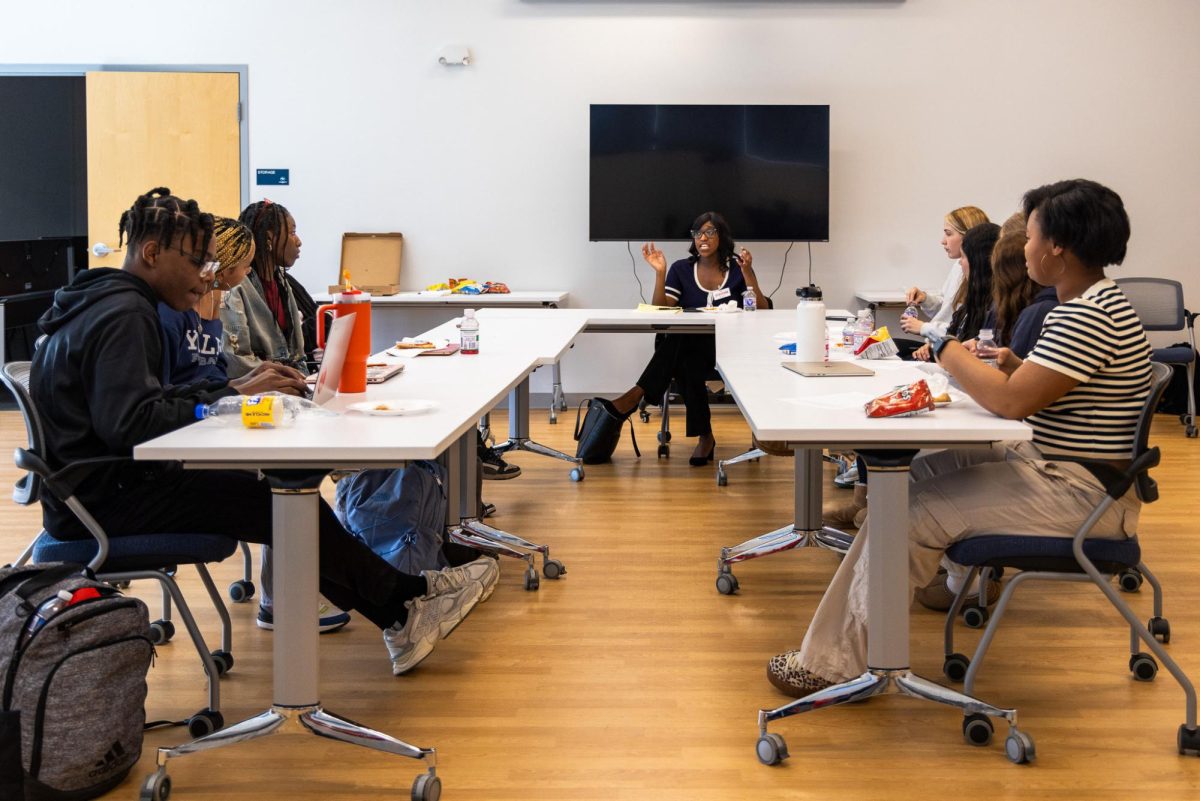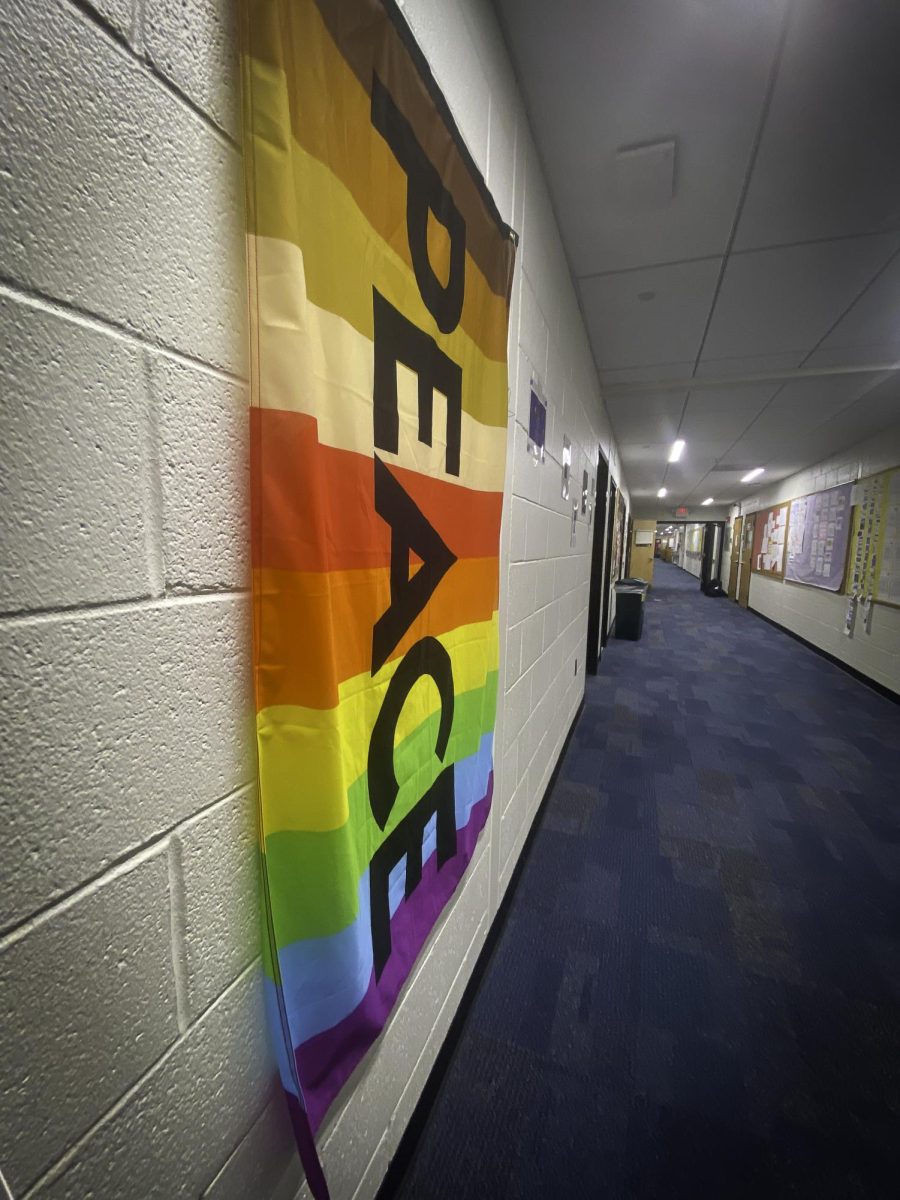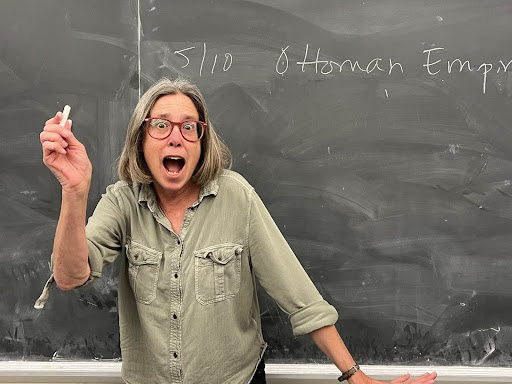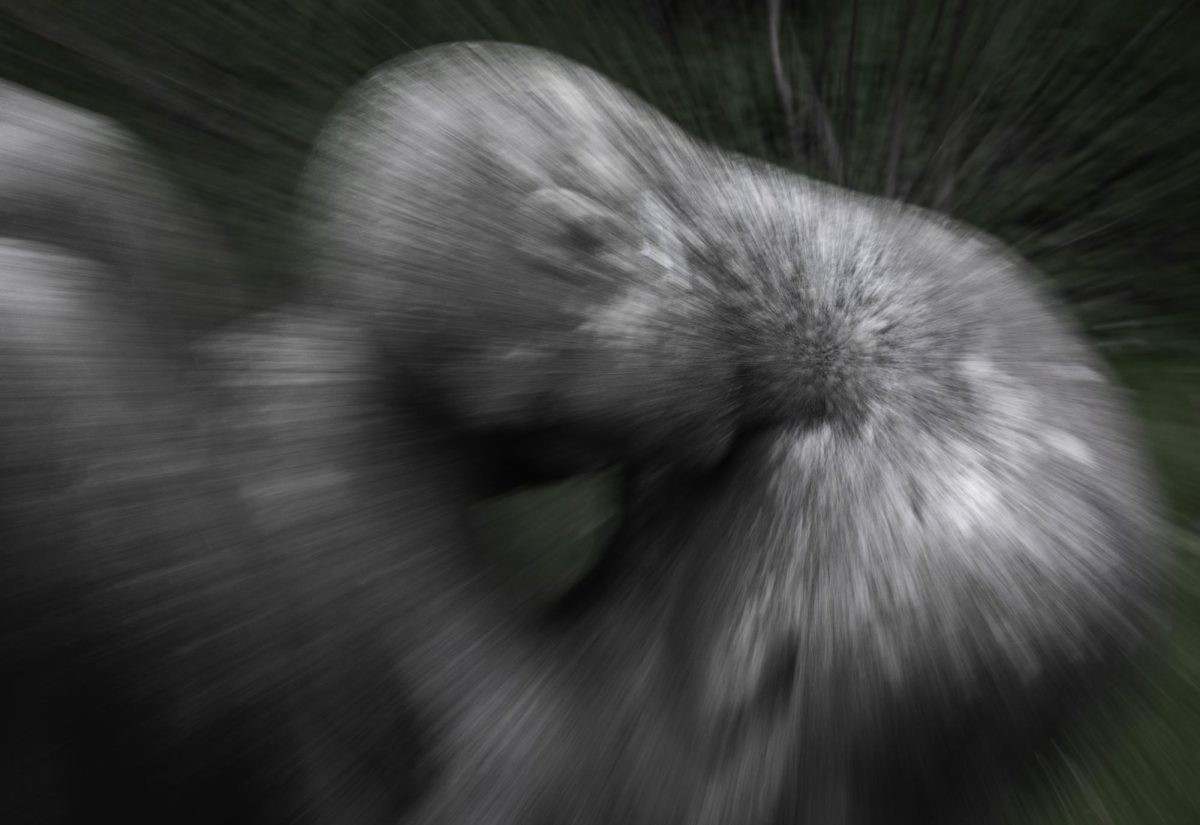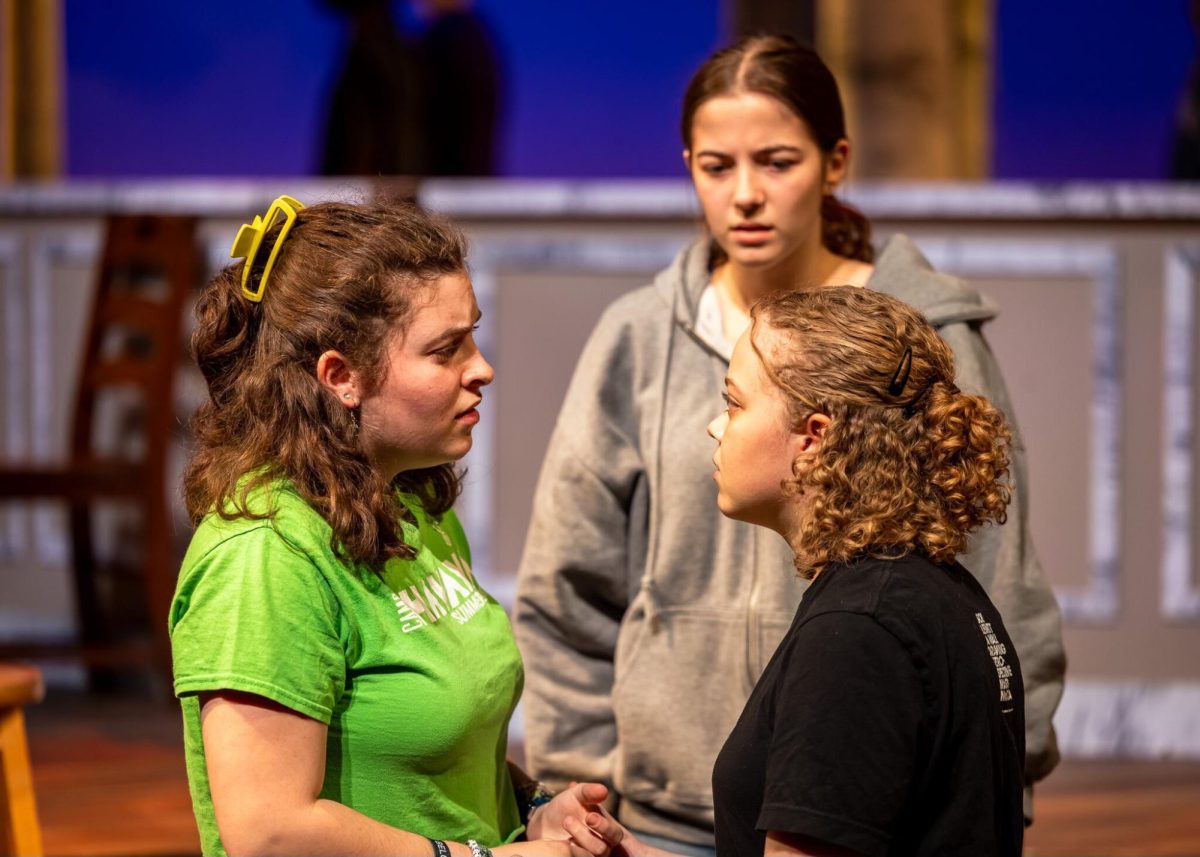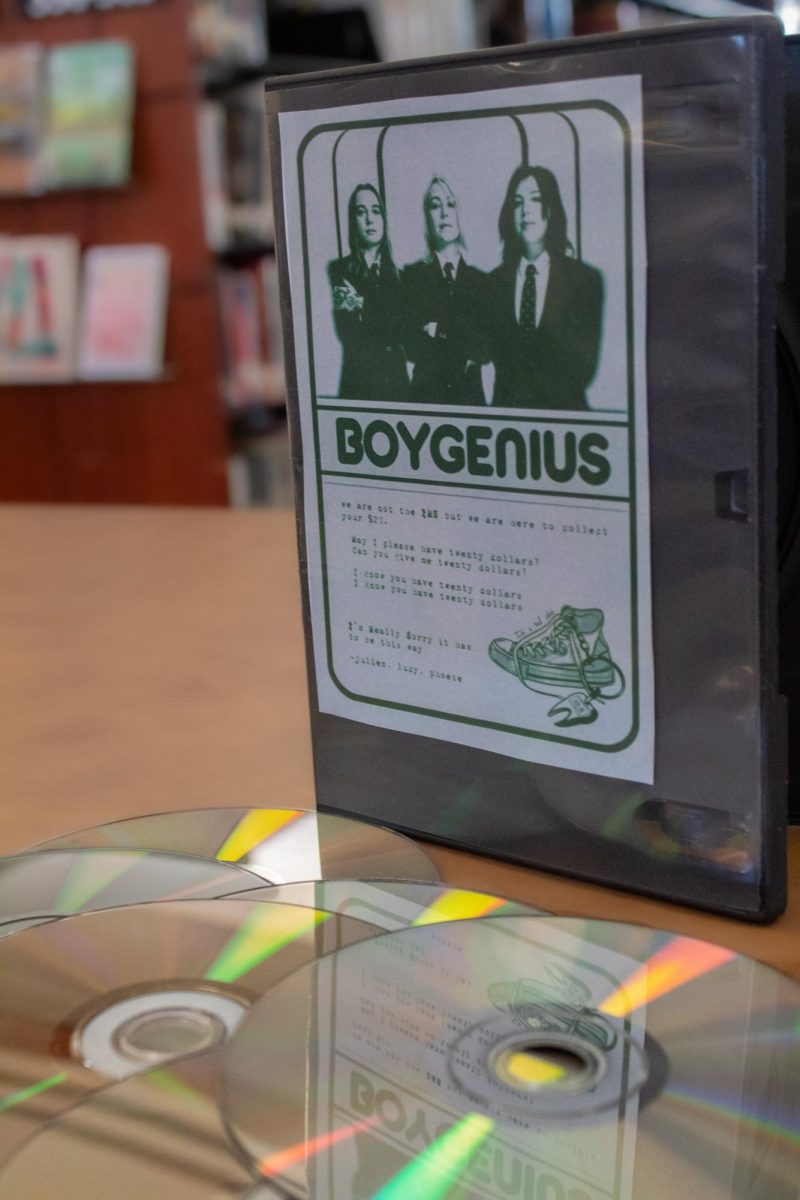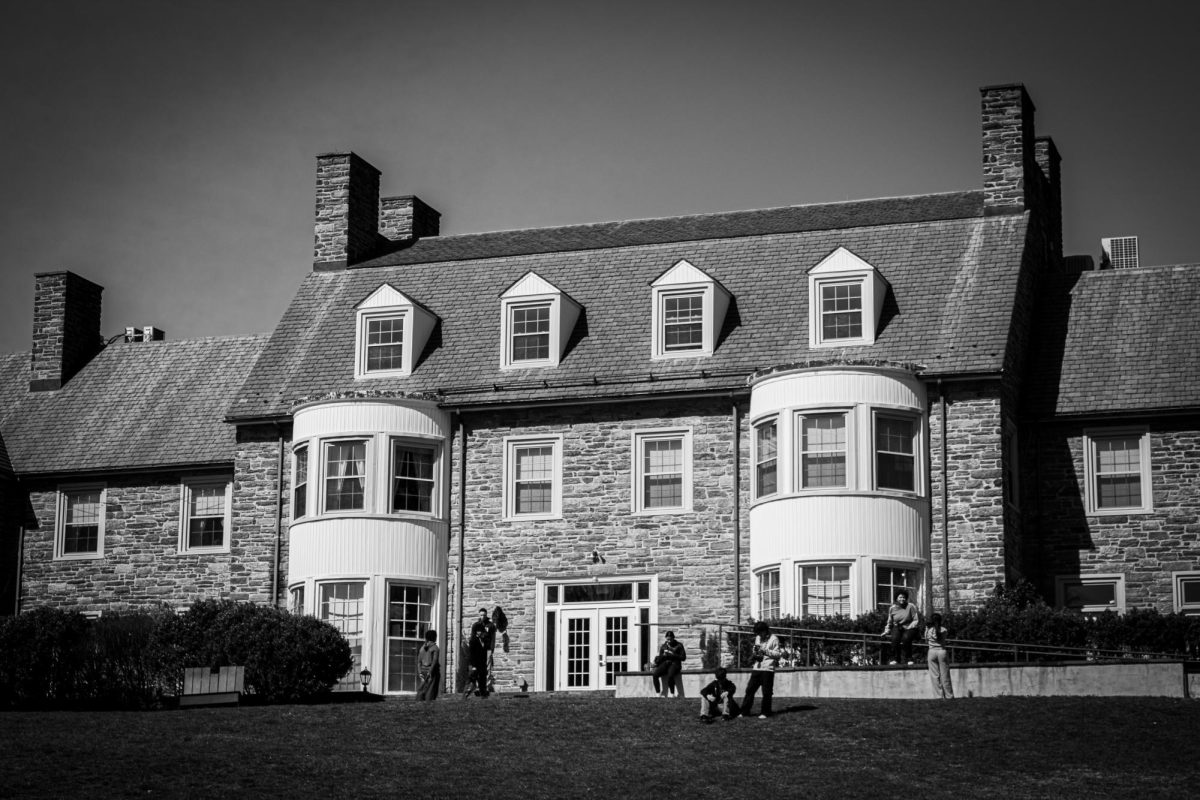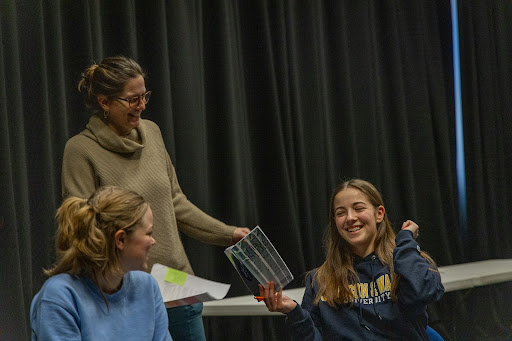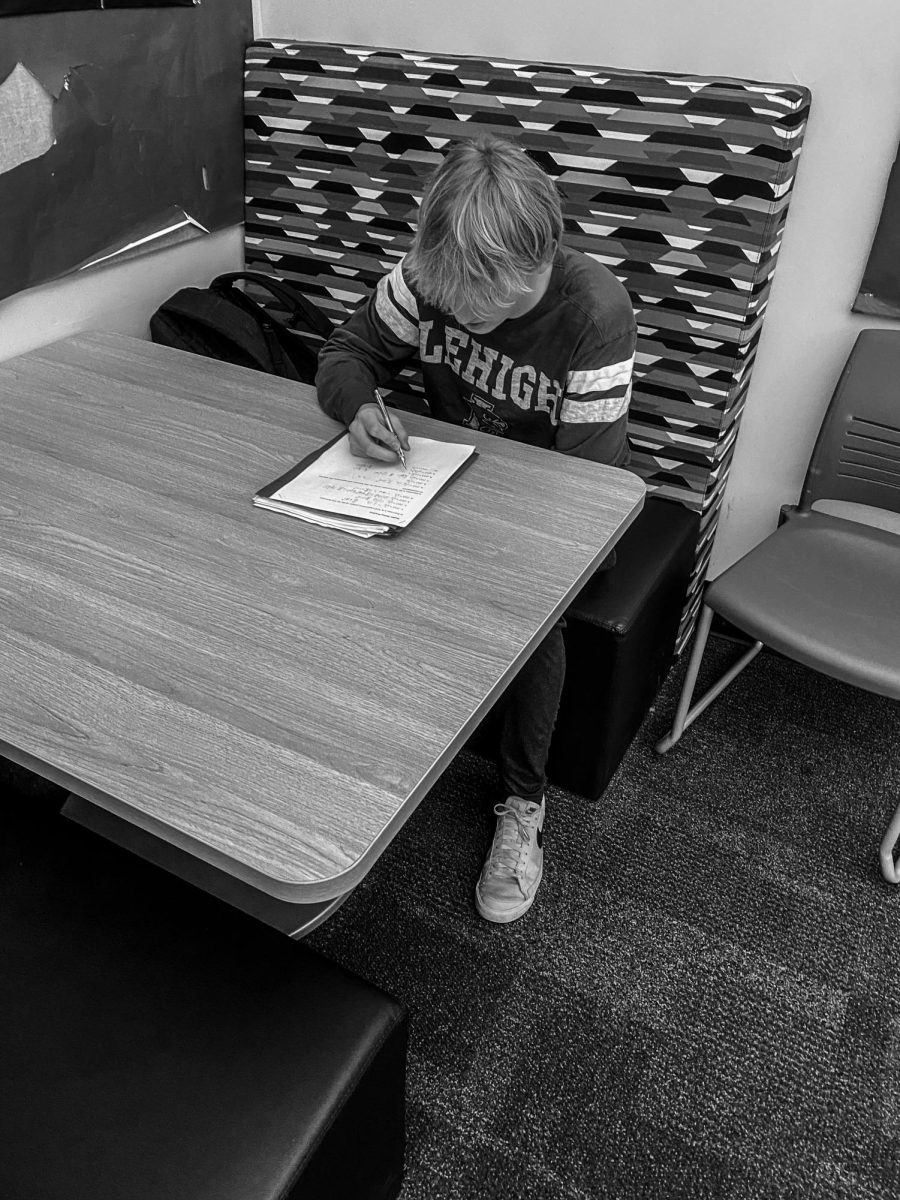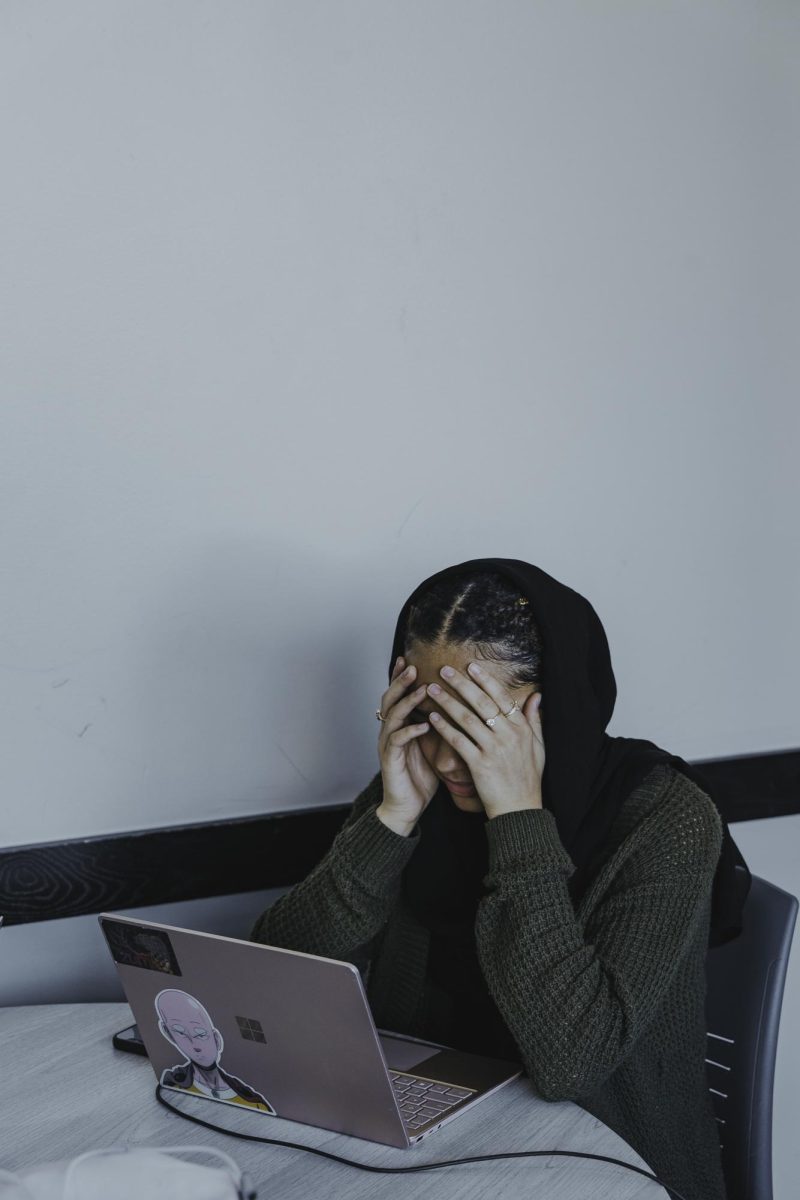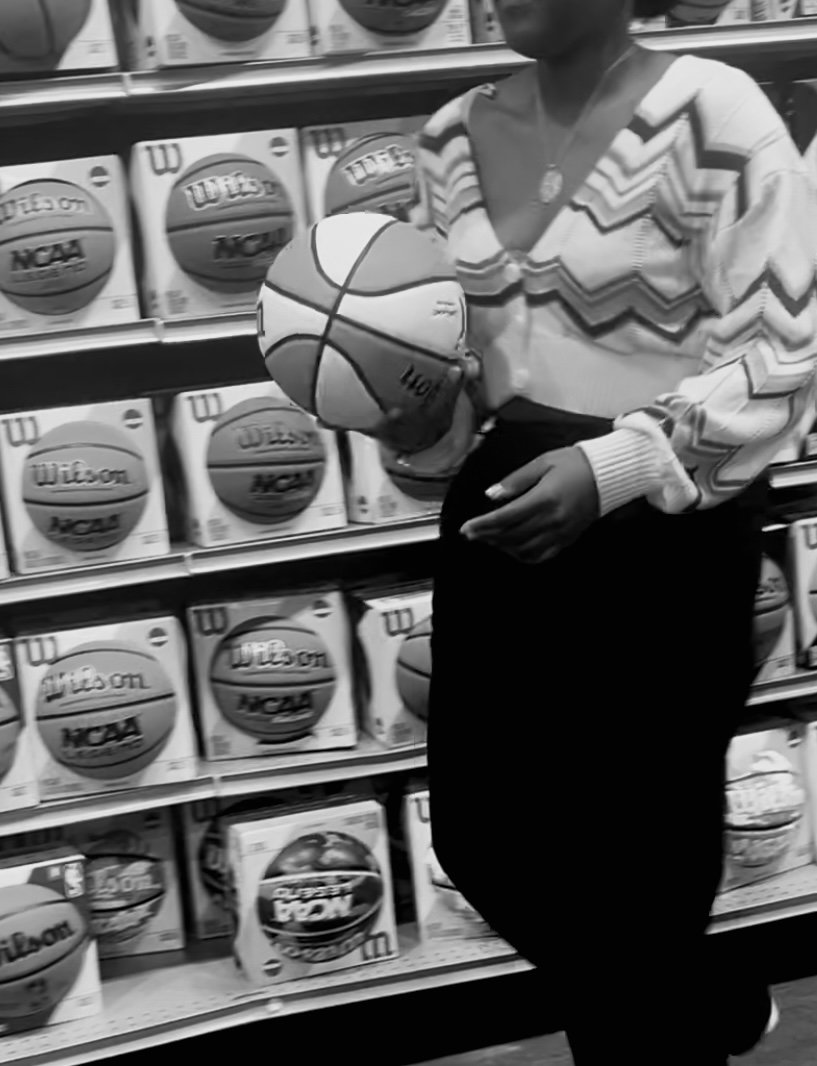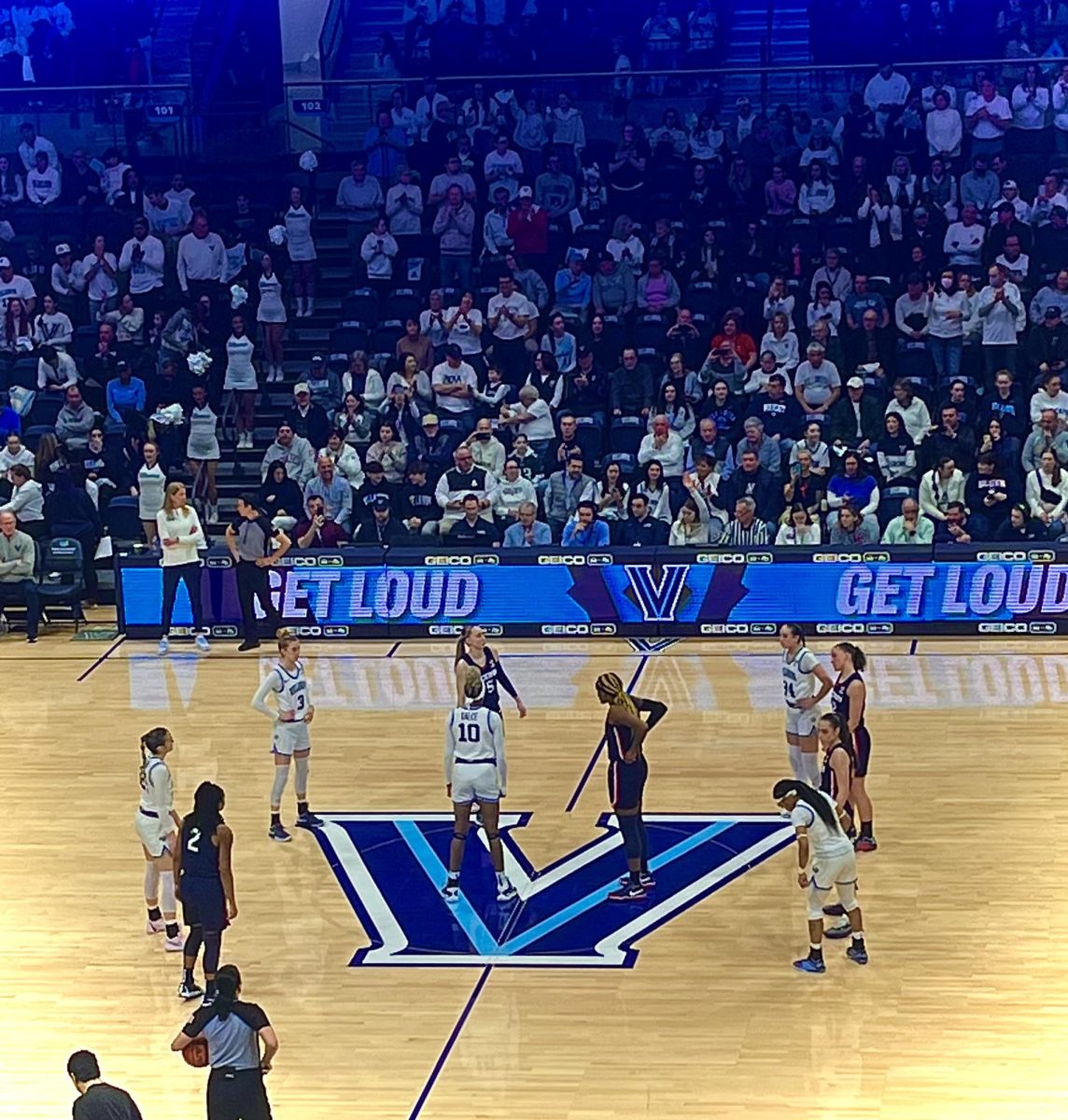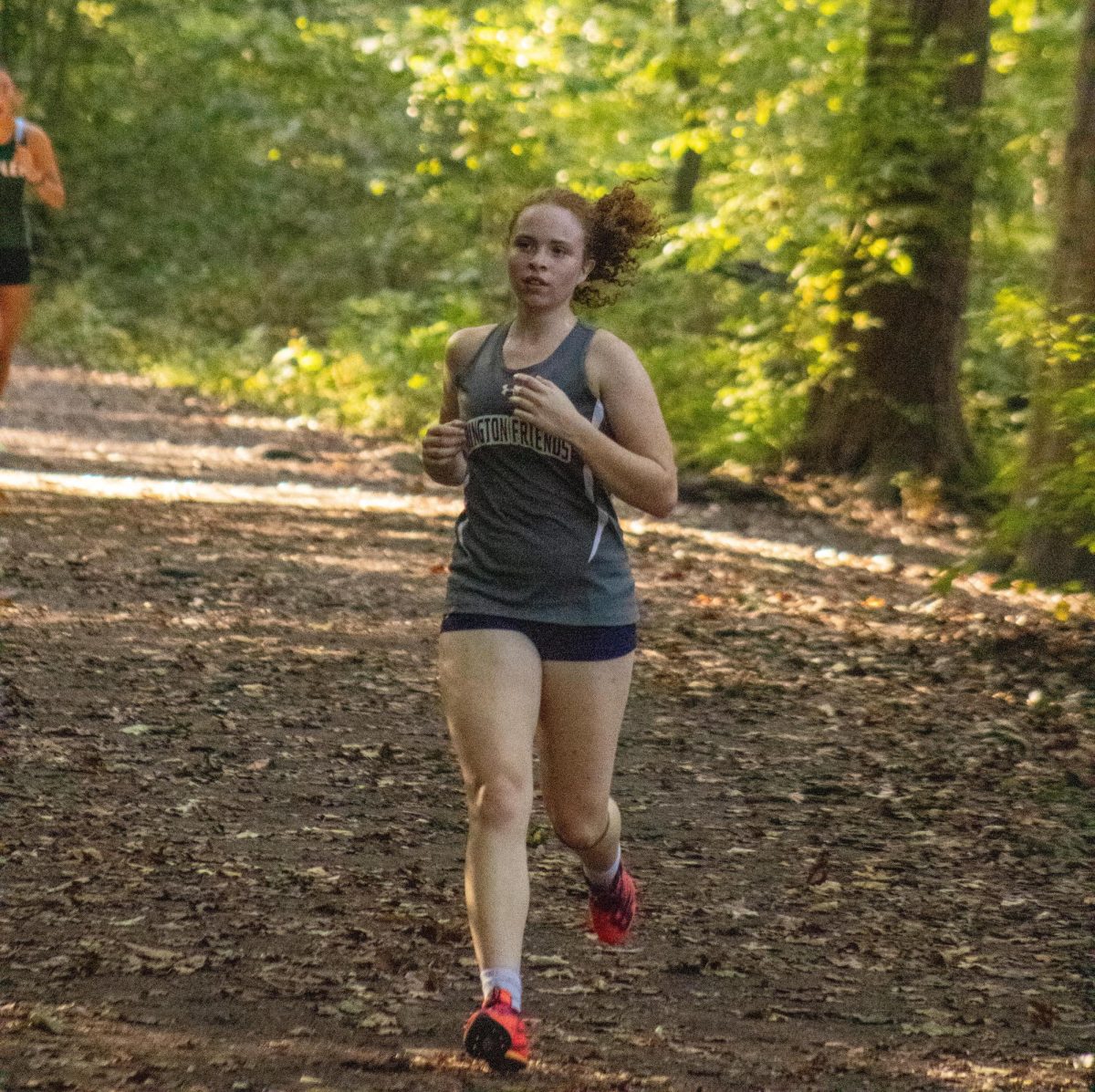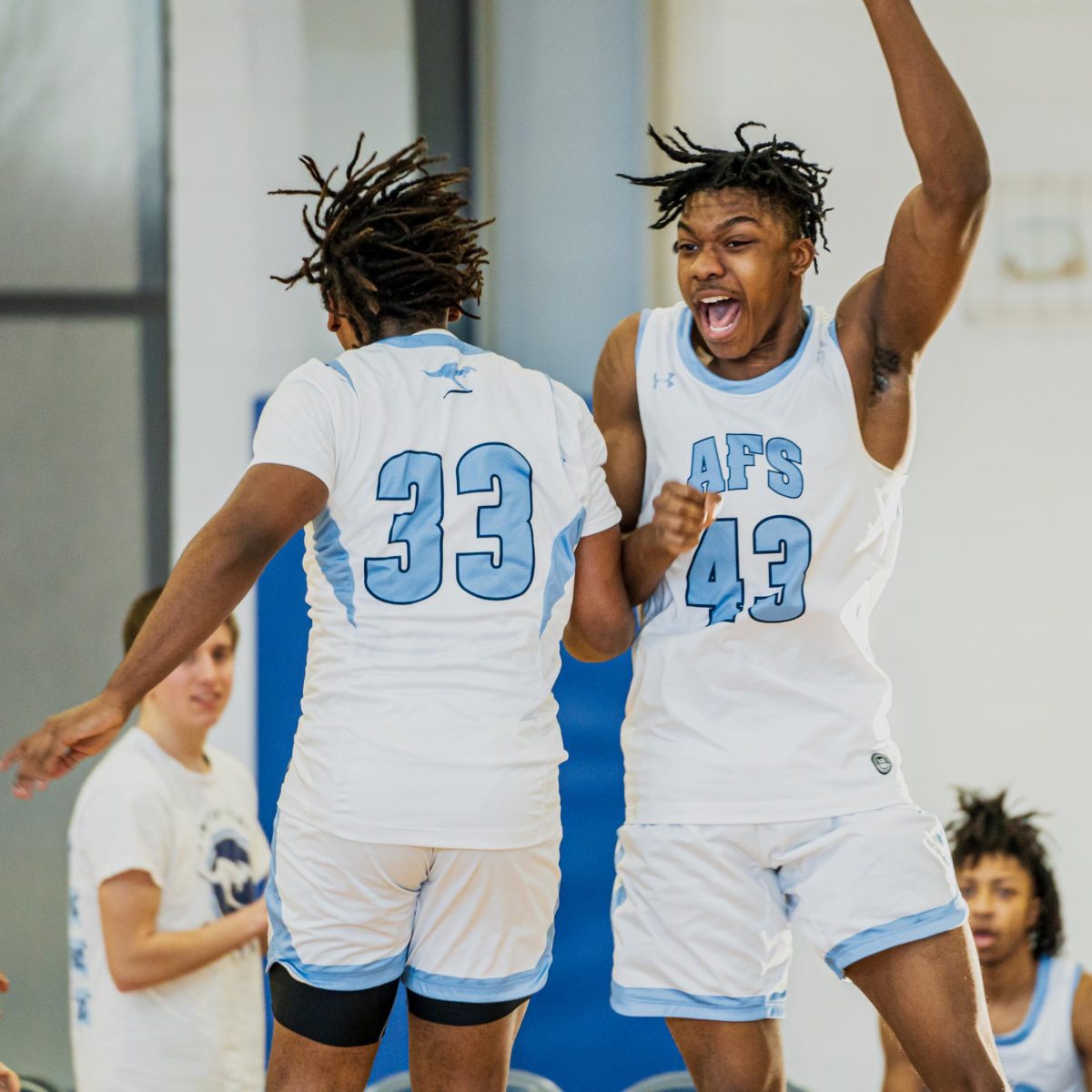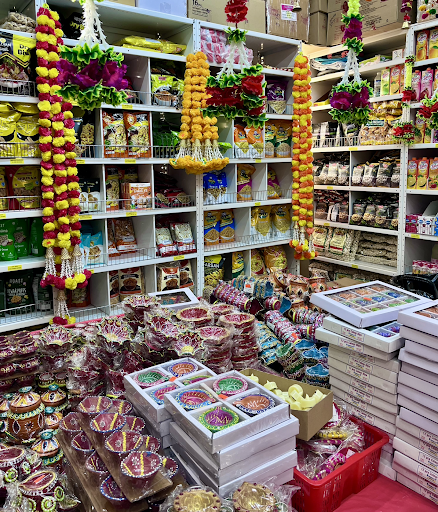“Costco is selling what?”
“Paper plates! Diwali themed!”
A company diversifying its holiday decor was not what I was expecting to talk about with my mom in the car on a Friday afternoon. Usually, we gossip, but today she was gushing about all the Diwali decor popping up in stores, whether it be overpriced paper plates in Costco, little electric “diyas” in Walmart, or “rangolis” in Home Goods.
Growing up in white suburban Pennsylvania, I found that the best way to describe Diwali is as a mixture between New Years and Christmas. In reality, Diwali is one of the most major Hindu holidays, spanning over five days.
The lore behind Diwali shifts and changes based on where in India you travel, but the core ideas of the holiday are the same. Diwali marks the start of a new year, and good prospering over evil. If you want to take on a new endeavor, say start a business, you do it during Diwali.
During Diwali, Hindus place a large emphasis on worshiping Laxmi, a form of Shakti, the goddess of prosperity and wealth. Even if you aren’t religiously Hindu, but instead simply culturally Hindu, Diwali is a prime time to spend loads of time with your family, lighting diyas and eating incredible food.
After years of going under the radar, being akin to invisible, it was a little shocking to realize that all of a sudden companies saw us and were capitalizing as well!
By us, I mean the South Asian Hindu diaspora. According to SAALT, there are nearly 5.4 million South Asian identifying individuals in the United States of America. According to APIAVote, in Pennsylvania the largest Asian ethnic group is people from India, clocking in at about 155,000 people.
Looking at the stats and facts, one may wonder why Hindus had gone unnoticed for many years. When my great uncle, Ishwar Davé, came to Youngstown, Ohio on December 18, 1970, there was practically nothing for him. There was no Indian community where he could embrace his culture and ethnicity.
Davé recalls that “Youngstown didn’t have that many Indian population, just the students. There were a bunch of Indian students.”
He had come to America for new opportunities, specifically to further study in engineering. During his time in Ohio, he slowly started to settle, telling me about his first car, “a Pontiac Station Wagon, 1964, for $350.”
Eventually, he brought over his wife, Uma, and his eldest daughter, Minal, while still living in Youngstown.
Davé said, “When Diwali and the new year came, in those days, you knew you couldn’t get any Indian groceries in Youngstown. Now you can get everything, but in those days, not too many people knew about Indian customs, so we really didn’t celebrate much at all, just in our home, we’d think about it.”
Usually, a tradition that many people have for Diwali is calling their family overseas. I spend hours on the phone talking to every single living relative I have in India. For Davé and his family, it was completely different.
Back in the 70s, they didn’t have the money or the technology to consistently make long-distance calls. Davé’s wife Uma cracked a joke about this, saying that “you’d spend more time on the ‘hello, can you hear me?’ than the ‘happy Diwali!’”
This made me realize that I’m fortunate that technical advancement allows me to connect with my relatives overseas easily. Davé was the first person in his family to move to the United States. Eventually, he brought over the rest of his siblings, my grandmother one of them, but over and over again, Davé and his wife lightly touched on the feeling of isolation they could feel.
Uma said, “We did get lonely, but we couldn’t sit and cry about it, there was no one to wipe our tears.”
For other members of my family, coming to America in the 80s and the 90s, celebrating Diwali took on a different sort of view. My mom, Chhaya, remembers a much more communal feeling.
Granted, she and her family were the last people to come over to America, in 1997, and she had all her uncles and cousins here–they were already rather established, but it was never really the same.
For my mom, transferring from a small town school in rural India to a booming suburban high school in America, assimilation was key. She stopped wearing her nose ring, and exclusively ate pizza during lunch. Talking about Diwali at school was out of the question, and might as well have been social suicide!
Yet, she was still able to celebrate at home, surrounded by her family. Diwali represented a moment of joy in the hecticness of her life as she tried to find her way in this new country.
I started by asking myself: what does celebrating Diwali mean to me? I was born in America, and to keep my roots alive, I celebrate Diwali because I don’t have the liberty of being technically Indian.
Diwali is a plethora of things in our own community at AFS. For Karishma Levy ‘24, Diwali is a time for family.
Levy said that her cousins “always make time to come home [for Diwali]…it’s really nice to see them and just connect.” Levy also spoke about how Diwali is “a really happy holiday…at the [temple] we light fireworks sometimes, which is always fun to watch.”
Radha Airan-Javia ‘27 talked to me about her Diwali traditions: “Every Diwali, we light as many candles as we can and put them around our house. Sometimes we have a party and share our Diwali traditions with our friends. We like to make rangolis by using templates and sand on our driveway. We always do aarti [prayers] at the end of the day.”
Lastly, I talked to Ashya Farahi ‘26. Farahi said, “I would say that celebrating Diwali [had] was never a major thing, but I have [started] to understand the past behind it and the history and how fun it is. We’ll FaceTime [my family in Atlanta] and then do a bunch of prayers, and then we will find a garba to go to and get dressed up. That’s how I’ve done it since I was a kid.”
Farahi talked to me about how celebrating Diwali made her feel good. Dressing up to go to garbas made her feel like a princess, which she always loved. As my mother was regaling me with her Costco adventures, I started thinking about the ramifications of this newfound light that big corporations were shining on Diwali.
Before Diwali started to become recognized as a respectable holiday, I wouldn’t have thought about asking for an extension for an assignment, or telling a friend that it was Diwali. Now, I’m rethinking the importance of this holiday and how it deserves national attention because it makes me and other South Asian individuals feel connected.
This means that people will probably start to take an interest in Diwali and that people who celebrate the holiday will finally have some sort of public validation. My masi feels it. She’s probably out buying the plates right now just like tons of other people.
However, the cynical part of my mind says it’s like throwing a starving dog a bone. These plates and other Diwali paraphernalia are just something for us to gnaw on, to temporarily placate our hunger, but there’s also a light to this.
Seeing Diwali decor sold in major retail stores may mean a step towards finally getting a day off for the holiday.
I have never missed school to celebrate Diwali. My parents only recently just started taking days off of work to celebrate. What does it take to get a holiday instated in a public school district?
Recently, in New York City, Diwali was stated as a holiday for public schools as well. This took a lot of petitioning and time.
Pari Pasee, a freshman at UPenn, fought that battle and traversed that road. She succeeded, and because of her efforts, she got a day off for the holiday at Central Bucks School District (CBSD).
One of the main arguments that Pasee brought up was the large number of people who were celebrating in CBSD.
Getting Diwali approved as a holiday at AFS would probably be a little harder, especially because at AFS, the South Asian population isn’t as expansive as it is in CBSD.
To confirm my suspicions, I talked to Brendon Jobs, the head of Upper School. Jobs did not know the exact administrative steps it takes for a holiday to be “passed,” but he did give me some insight.
Jobs said, “What I know about independent schools is that generally when a calendar is being decided with the leadership members of any institution, that calendar is influenced by the school board members themselves. We have a school board, not like a public school board, but…a board of trustees…. Major revisions to the calendar don’t come from the divisions, they really come from those upper levels, which is the leadership team of the entire school, of which I’m just a member.”
Now that I had the administrative information, I asked Jobs to put on his teacher hat, and asked him how people, specifically teachers, would react to a day off.
Jobs stated, “I think that they would really think about instructional time…Part of my role as the Upper School director is really to vision set and work with the faculty in terms of making sure that classroom spaces are exceptional. I think adults would wonder that if we “lose” instructional time, then how do we make up that ground? [Independent schools] already, in terms of state mandates, have less days on campus in terms of instructional time than public schools. The question becomes if we expect education to be excellent and student outcomes, in terms of growth, to be on par, and maybe even better than public schools. How do we do that with less instructional time?”
Jobs identified this as the main concern, from both an administrative and a teacher’s perspective. But he put emphasis on the fact that it wasn’t a block. Just simply a concern.
I spoke with AFS students about why they think it’s important to have a day off for Diwali.
Levy said, “If we had a day off, that would be great. It would give me a day to spend time with my family without being exhausted after school.”
Levy also brings up an important point: this year, Diwali clashes with the Upper School’s fall musical.
Levy said, “Diwali is a five-day holiday…but the main day is during the show. Hopefully [I] can celebrate it afterward, but it does get a little complicated with schoolwork [and] obviously the show being at 8 PM at night.”
Airan-Javia told me a little more about why having a day off for Diwali would be good for her. “A day off would allow us to be able to fully celebrate Diwali as a family and let me spend time with my family on this holiday instead of doing my [homework].”
Farahi said, “I honestly think it would be so amazing for a day off for me and all the other kids who celebrate Diwali as a holiday. For me, it’s something that I’d be growing up to learn more about, but for other kids, it’s so significant and I think it deserves a day off so that people can take time to celebrate and enjoy.”
Different generations of South Asian Americans see themselves differently in American society. My aunt and my mother were excited to see those paper plates at Costco. My mom went back out to shop for Diwali decorations! They see it as this beloved holiday finally gaining traction.
However, my skepticism goes hand in hand with my thinking–I was born in this country, and I shouldn’t have to fight for my rights to be recognized. As comedian Hasan Minhaj so eloquently put it, “I actually have the audacity of equality.”
I shouldn’t have to fight for my holiday to be recognized, and neither should anyone else. I’m lucky enough to be able to freely practice and not worry about having to go to my “mandir,” or temple, on Diwali, but just because things are good doesn’t mean they can’t get better. Hopefully, in the next few years, AFS can work towards calling Diwali an official holiday, and in a few months, I can work towards taking time off of school for myself on another major holiday, Holi. Perhaps in a few weeks, I can go to Costco and buy a pack of those paper plates and think about what this means for me and my community.
If you would like to learn and read more about Diwali and its origins, check out these resources!
https://kids.nationalgeographic.com/pages/article/diwali
https://www.natgeokids.com/uk/discover/geography/general-geography/facts-about-diwali/
https://www.diwalifestival.org/
https://artsandculture.google.com/story/the-many-legends-of-diwali/0QVxpSl4NnfrEQ?hl=en
